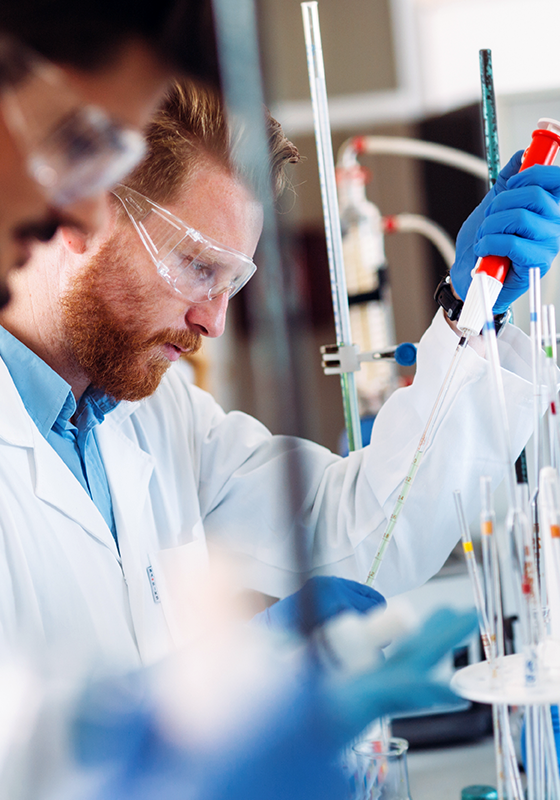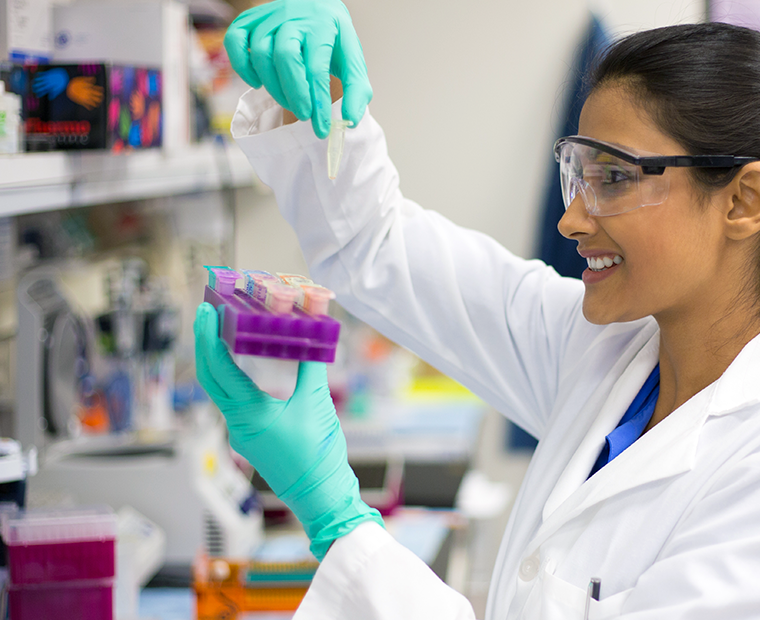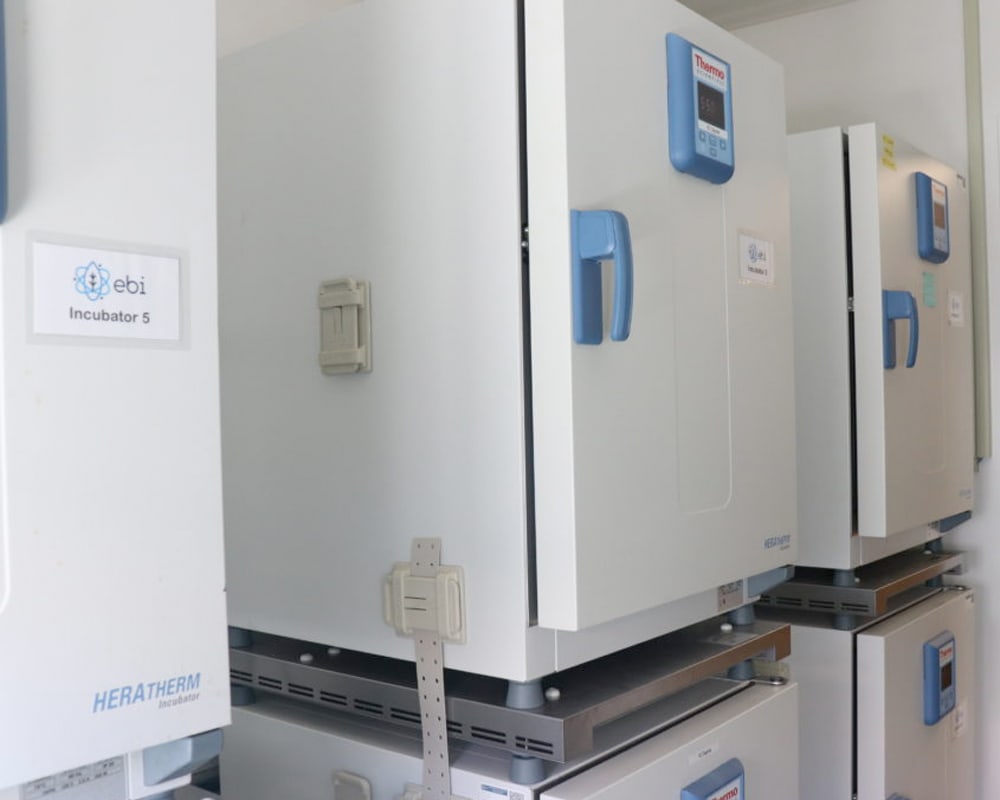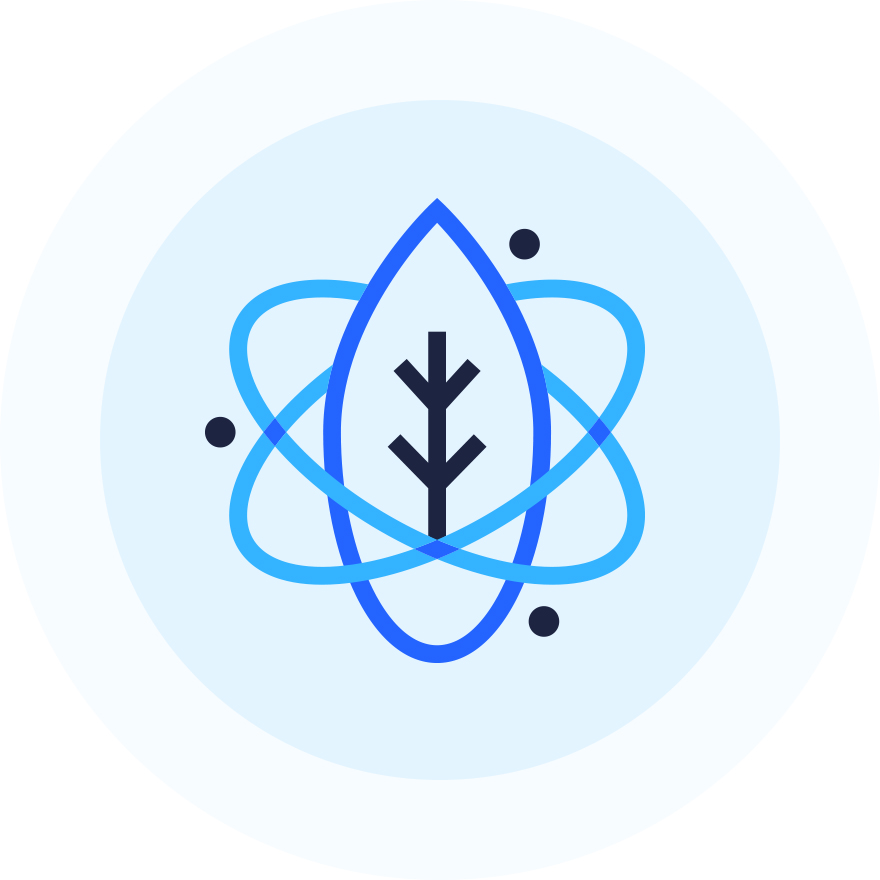Energy & Biosciences Institute
Koshland Hall, University of California, Berkeley
The Energy & Biosciences Institute is located at Koshland Hall, on the University of California (UC) Berkeley, campus. It is an Academic Research Institute within UC Berkeley.
The Molecular Foundry
Lawrence Berkeley National Laboratory
The Molecular Foundry is a U.S. Department of Energy-funded nanoscience research facility that provides users with access to cutting edge expertise and instrumentation in a collaborative, multidisciplinary environment. As a national User Facility, the Molecular Foundry serves hundreds of academic, industrial, and government scientists from around the world annually.
To learn more, click here.
Materials Research Laboratory
University of Illinois at Urbana-Champaign
The Materials Research Laboratory (MRL) at the University of Illinois at Urbana-Champaign is an interdisciplinary laboratory dedicated to transformative research and technology in life sciences using team-based strategies to tackle grand societal challenges. The MRL has one of the largest shared-instrumentation facilities in the nation, with more than 100 advanced instruments for materials fabrication, processing, and characterization, supporting the education and research of over 1,000 scientists and engineers.
To learn more, click here.
Joint Center for Artificial Photosynthesis
Lawrence Berkeley National Laboratory
The Joint Center for Artificial Photosynthesis (JCAP) is the nation’s largest research program dedicated to the development of an artificial solar-fuels generation science and technology. More than 100 world-class scientists and engineers from Caltech and its lead partner, Lawrence Berkeley National Laboratory, strive to find new and effective ways to produce fuels using only sunlight, water, and carbon dioxide.
To learn more, click here.
Advanced Light Source
Lawrence Berkeley National Laboratory
The Advanced Light Source (ALS) is a U.S. Department of Energy-funded synchrotron facility that provides users from around the world access to the brightest beams of soft x-rays, together with hard x-rays and infrared, for scientific research and technology development in a wide range of disciplines. The unique characteristics of the ALS beamlines and experimental facilities provide cutting-edge research capabilities.
To learn more, click here.























